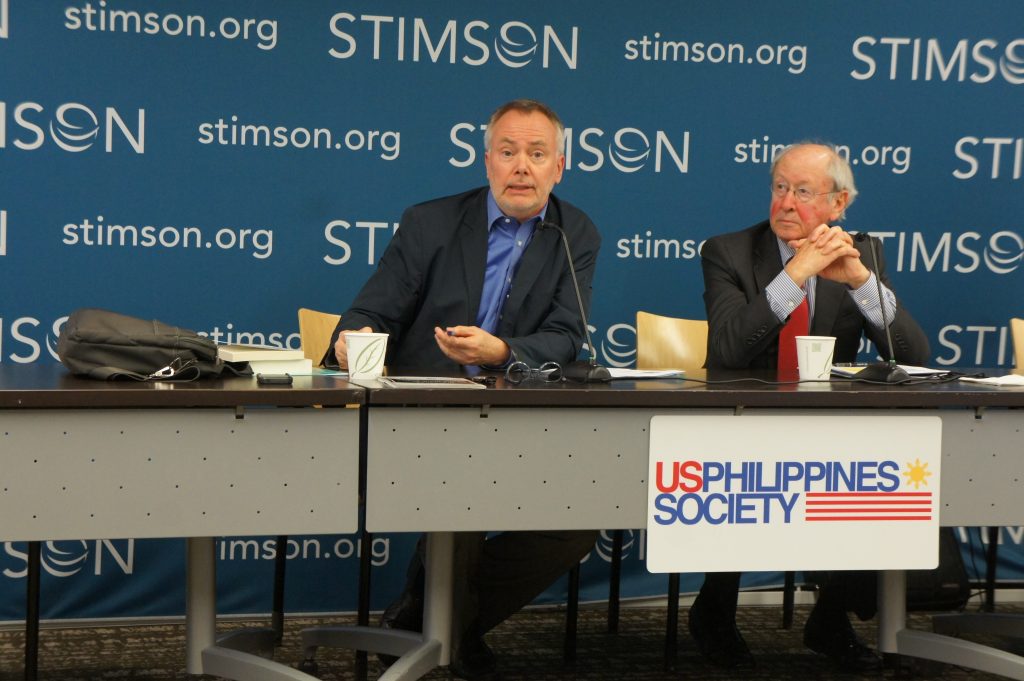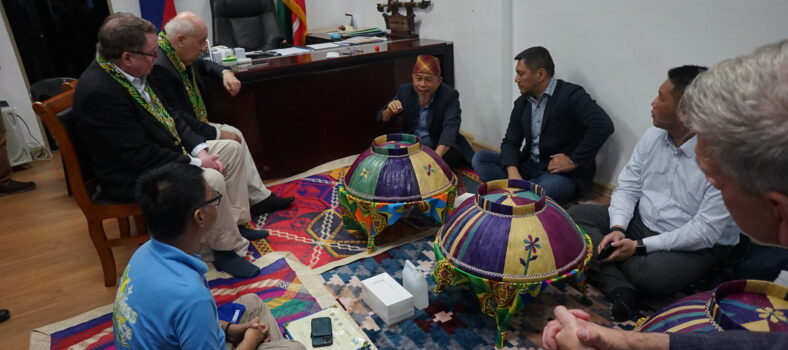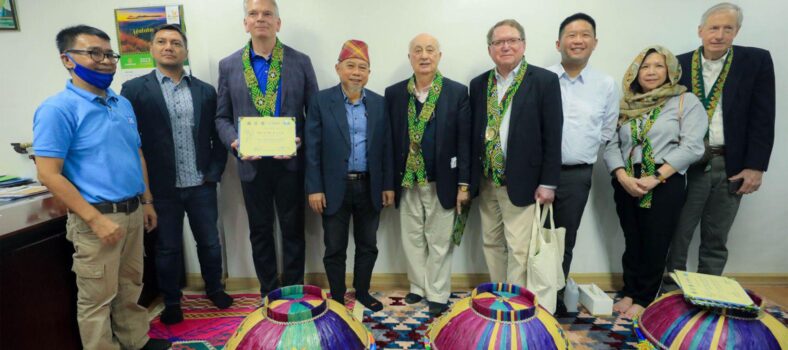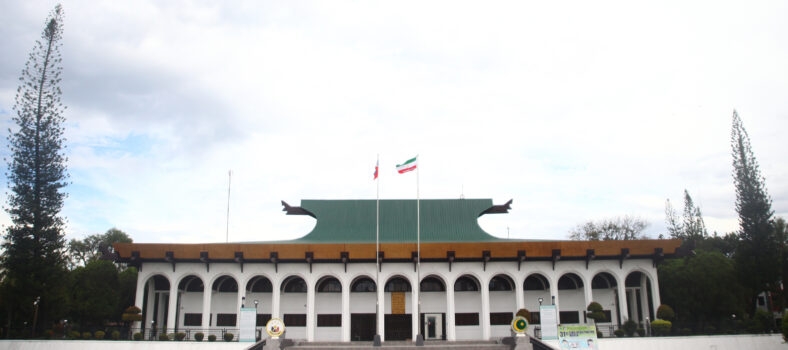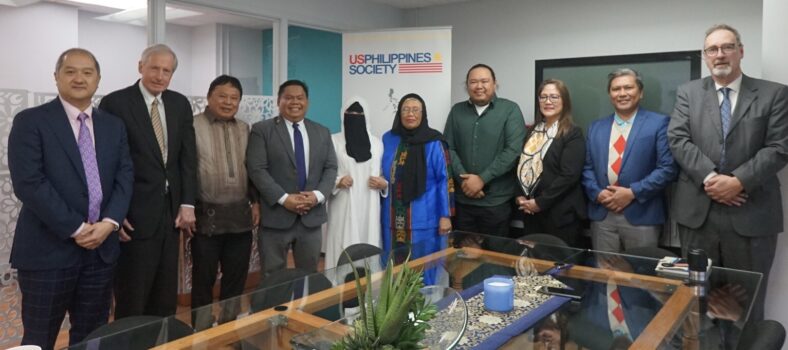Transition to New Autonomy Arrangements in Muslim Mindanao
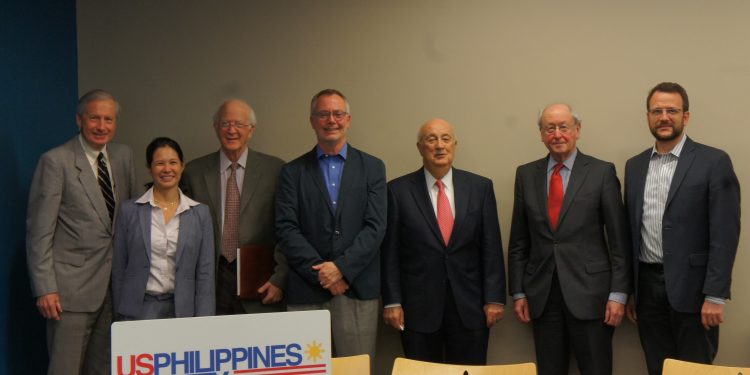
Washington, D.C. – At an April 9 forum, “Transition to Autonomous Muslim Mindanao,” development practitioner David Timberman offered insights on the progress and challenges of the new era of the Bangsamoro with a review of the Bangsamoro Autonomous Region for Muslim Mindanao (BARMM) and the transition governing body, the Bangsamoro Transition Authority (BTA).
Officially inaugurated on March 29, the BARMM government will have authority over development, economic growth, and the use of natural resources. Timberman visited Manila and Cotabato City where he held on-the-ground discussions with stakeholders and former MILF leaders. He described key aspects of the BARMM in terms of geography and demographics with a population of 3.8 million, a parliamentary form of government consistent with the Philippine Constitution, and resources along with an annual block grant estimated at PhP 60 billion (US$1.2 billion) starting in 2020.
The three-year BTA interim government is composed of 41 members endorsed by MILF, and 39 members affiliated with the MNLF and representatives of non-Moro indigenous communities, youth, women, settler communities, and traditional leaders. Timberman noted that the decommissioning of MILF and Bangsamoro Islamic Forces (BIAF) fighters and their weapons, a part of the normalization track and currently on its second phase, is a key aspect of security improvements in the South.
Vested with executive and legislative powers, the interim BTA is faced with multiple challenges, including power sharing arrangements between traditional leaders and a new and larger group of decision-makers. Other challenges include multi-political party building, violent extremism, the rehabilitation of Marawi, which is part of the BARMM, and factions that could undermine the peace process.
Timberman offered policy recommendations including coalition building, the nature of compromise to sustain the process, adoption of a budget system with accountability, capacity-building, and mechanisms for better donor coordination.

